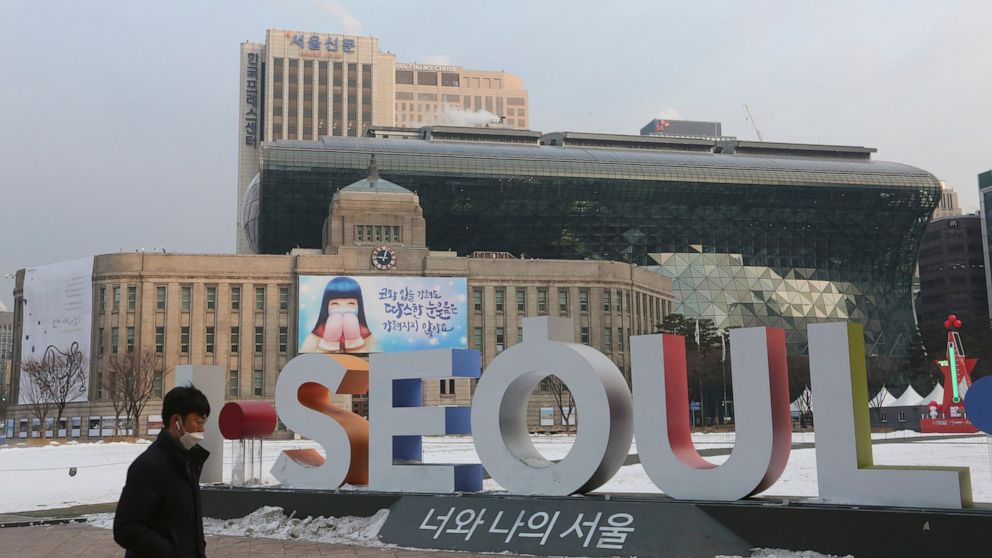
The government of the South Korean capital is being criticized for an online manual now deleted for pregnant women that contained sexist advice and gender stereotypes
SEOUL, South Korea – The South Korean capital government is facing criticism for an online manual for pregnant women that contained sexist advice and gender stereotypes.
The now-suppressed guidelines, posted on the Seoul Pregnancy and Childbirth Information Center website, suggested that pregnant women prepare food, clothing, and daily items for their husbands and family before leaving. in the hospital to give birth. They offered weight control tips that consisted of hanging smaller-sized clothes to motivate them and warned women against overspending on children’s clothing.
South Korea has one of the lowest birth rates in the world, according to the United Nations Population Fund, and is trying to encourage more births. But critics say these efforts have been hampered by a government that often reflects a deeply patriarchal society and widespread sexist views.
“It’s like the city of Seoul declaring that a woman should take care of all household chores,” Kim Hyomin, a student at Duksung Women’s University, said in a telephone interview.
The manual was published in 2019, but did not receive widespread attention until last week, when criticism spread on social media. The late fury caused the capital to remove the guidelines and sparked online petitions to apologize.
The Seoul metropolitan government acknowledged on Monday in a statement that it had not been able to thoroughly check the guidelines, which it said was originally from the Ministry of Health and Welfare website, and pledged to review city-related websites. and to educate employees about gender equality.
The guidelines also warned women about what they said was the increased risk of premature birth if a husband “suddenly throws himself on top” or engages in “aggressive sexual activity.”
The guidelines promoted and normalized gender-based violence, according to Ji-Yeong Yunkim, an assistant professor at the Konkuk University Institute of Body and Culture.
“It looks like women have to sacrifice and take care of adult men, no matter how hard it is,” Yunkim said.
It is not the first time that government efforts to raise the birth rate have been thwarted.
In 2016, the South Korean Interior Ministry launched a “birth map” website that showed the number of women of childbearing age by city district and region. This website was withdrawn after a public outcry.
Yunkim, the professor, said the South Korean government’s recurring setbacks stem from women’s perception of male-dominated institutions.
“They see women as reproductive tools rather than as individuals,” Yunkim said.